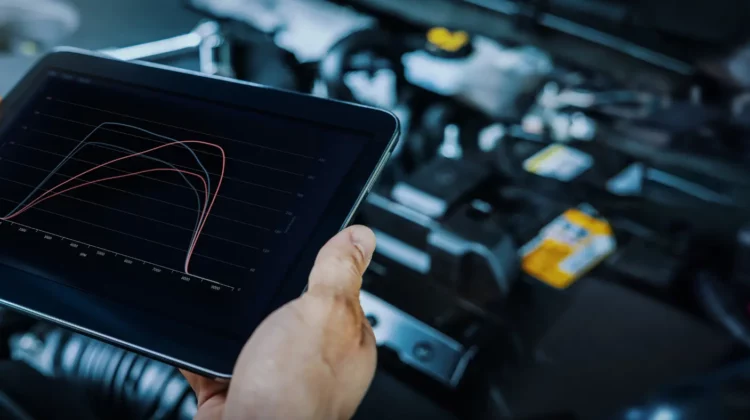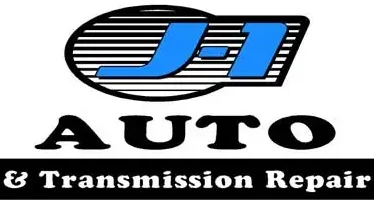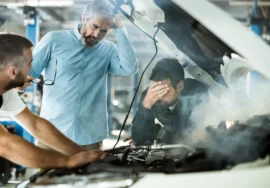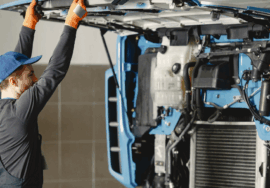
How Your Transmission Affects Overall Vehicle Performance and Safety
transmission maintenance automotive solutions gear shifting running smoothly auto body repair
When considering the health and efficiency of your car, many components play vital roles, but none is more critical than the transmission system. The transmission is the mechanical link between the engine and the wheels, responsible for controlling power and enabling your vehicle to move smoothly under various driving conditions. Its condition directly influences vehicle performance and safety, making it essential for drivers to understand how transmission issues can affect their driving experience.
The Transmission’s Role in Vehicle Performance and Safety
The primary function of the transmission is to transfer power from the engine to the wheels by selecting the appropriate gear ratio. This process allows your vehicle to accelerate, maintain speed, and handle different terrains effectively. Without a properly functioning transmission, your vehicle’s performance and safety capabilities diminish drastically.
A well-maintained transmission ensures smooth gear changes, optimizing engine power and fuel efficiency. On the other hand, a failing transmission can cause jerky movements, loss of power, and increased wear on other vehicle components, all of which compromise the driving experience and safety.
How Transmission Issues Affect Vehicle Handling
Transmission problems can manifest in various ways, but their effects on vehicle performance and safety are significant. For instance, a transmission that slips or hesitates to shift can cause sudden and unexpected changes in speed. This unpredictability can be dangerous, especially when merging on highways, overtaking, or navigating through busy intersections.
Furthermore, vehicles equipped with modern safety features such as electronic stability control, traction control, or adaptive cruise control rely heavily on seamless communication between the transmission and onboard computers. If the transmission malfunctions, these safety systems may not work correctly, increasing the risk of accidents.
Fuel Efficiency and Environmental Impact
A vehicle’s transmission system also has a direct impact on fuel consumption and emissions. When the transmission operates efficiently, it keeps the engine running within its optimal RPM range, maximizing fuel economy and reducing harmful exhaust emissions. This contributes positively to both the environment and your vehicle’s operational costs.
Conversely, transmission malfunctions often cause the engine to overwork, leading to excessive fuel consumption and increased emissions. Poor fuel efficiency can indirectly affect vehicle performance and safety by causing unexpected breakdowns or engine failures while driving, which could create hazardous situations on the road.
Common Transmission Problems That Affect Vehicle Performance and Safety
There are several symptoms to watch out for that may indicate transmission issues affecting your vehicle’s performance and safety:
Delayed or Harsh Shifting: Noticeable hesitation or jerking when changing gears could signal worn-out transmission components or low transmission fluid.
Gear Slippage: If your vehicle unexpectedly slips out of gear while driving, it could lead to loss of control.
Strange Noises: Whining, clunking, or grinding noises often indicate mechanical problems inside the transmission.
Warning Lights: The check engine or transmission warning light on your dashboard should never be ignored.
Fluid Leaks: Transmission fluid leaks can lead to inadequate lubrication and overheating.
Early detection of these issues is crucial for preventing further damage and ensuring your vehicle remains safe to drive.
The Safety Risks of Ignoring Transmission Problems
Ignoring transmission problems can severely compromise your vehicle’s performance and safety. For example, a failing transmission may suddenly lock up or fail to engage gears, potentially causing you to lose control of the vehicle. In emergency situations, such as sudden braking or quick maneuvers, transmission failure can drastically reduce your ability to respond effectively, increasing the risk of collisions.
Moreover, a malfunctioning transmission can affect the operation of critical safety systems. For example, the anti-lock braking system (ABS) and electronic stability control (ESC) often rely on inputs from the transmission to maintain vehicle stability. Faulty transmissions can interfere with these systems’ accuracy, reducing their effectiveness in preventing accidents.
How Regular Transmission Maintenance Enhances Vehicle Performance and Safety
Preventive maintenance is the best way to ensure your transmission contributes positively to your vehicle’s overall performance and safety. Regular checks and maintenance help detect minor issues before they become major problems.
Here are some essential maintenance practices:
Transmission Fluid Checks and Changes: Transmission fluid lubricates and cools internal components. Over time, it can degrade or become contaminated, leading to increased wear and overheating. Regular fluid replacement maintains optimal transmission function.
Inspecting Transmission Components: A thorough inspection can detect worn parts such as clutches, bands, and seals that require replacement.
Addressing Warning Signs Promptly: If you notice symptoms like unusual noises or shifting delays, getting your transmission inspected immediately can prevent costly repairs and unsafe driving conditions.
By adhering to a regular maintenance schedule, you not only extend the life of your transmission but also improve fuel efficiency and maintain smooth driving performance, all of which contribute to safer roads.
The Connection Between Transmission and Overall Vehicle Longevity
The transmission works in harmony with other mechanical systems such as the engine, drivetrain, and braking system. When the transmission is in good condition, it reduces strain on the engine and prevents premature wear on tires and suspension components. This holistic balance is essential for preserving your vehicle’s longevity and ensuring optimal vehicle performance and safety over time.
Neglecting transmission issues can lead to a cascade of mechanical failures, resulting in expensive repairs and unsafe driving conditions.
When to Seek Professional Help
If you experience any symptoms related to transmission problems, it is essential to seek professional assistance. Certified mechanics can diagnose transmission faults accurately using specialized tools and recommend the best course of action, whether it be repairs, fluid changes, or complete transmission replacement.
Prompt intervention can save you money in the long run and ensure that your vehicle continues to operate safely and efficiently.
Conclusion
Your vehicle’s transmission plays an indispensable role in determining its performance and safety on the road. From smooth acceleration and efficient fuel usage to enabling critical safety systems, the transmission affects almost every aspect of your driving experience. Regular maintenance, early detection of problems, and timely repairs are key to keeping your transmission in top shape and ensuring your vehicle remains safe and reliable.
Remember, paying attention to your transmission’s health is not just about protecting your investment—it’s about protecting yourself and others on the road.








